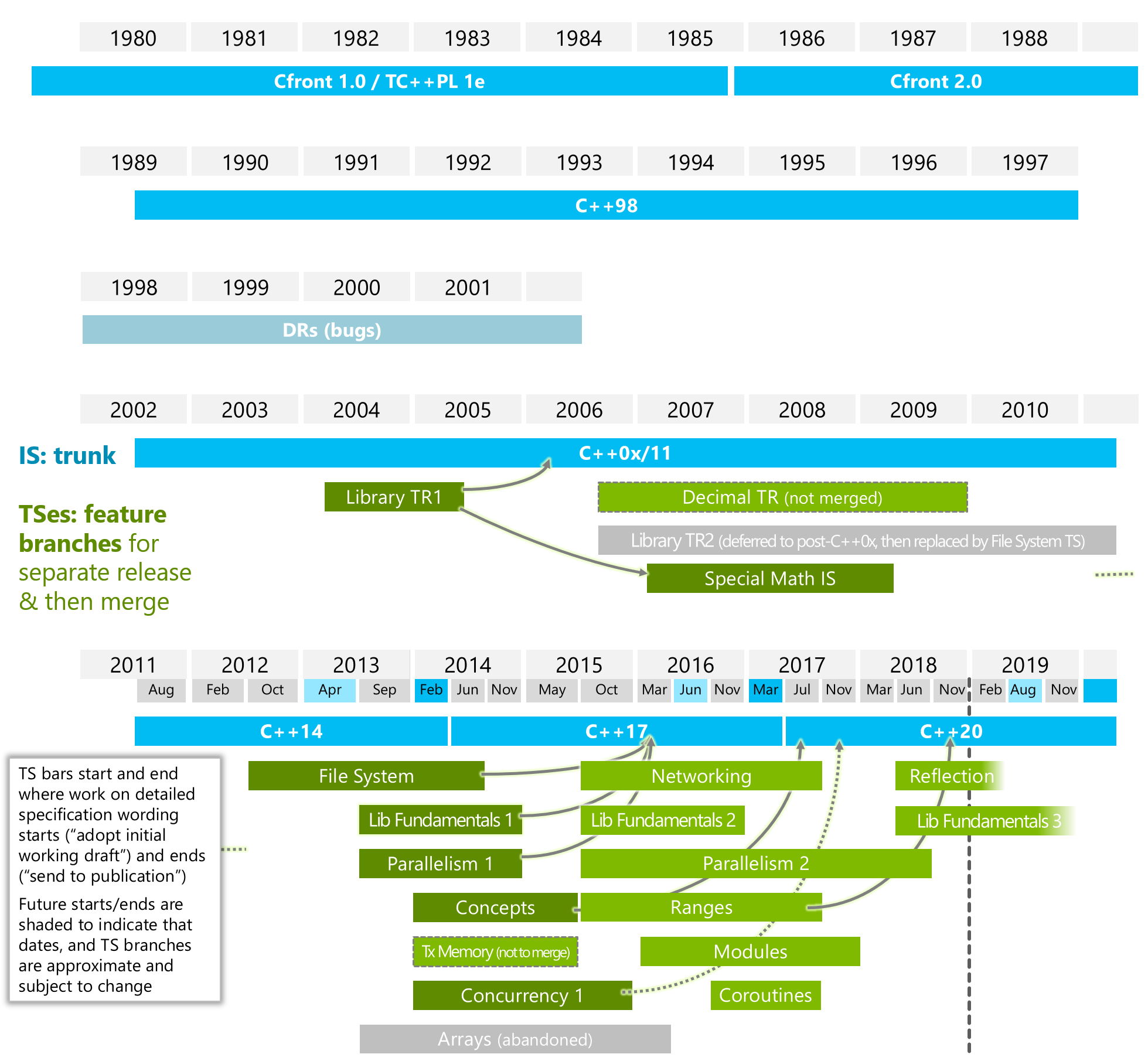CppCast Episode 49: Parallel Computing Strategies with Dori Exterman
Episode 49 of CppCast the only podcast for C++ developers by C++ developers. In this episode Rob and Jason are joined by Dori Exterman to discuss parallel computing strategies and Incredibuild.
CppCast Episode 49: Parallel Computing Strategies with Dori Exterman
by Rob Irving and Jason Turner
About the interviewee:
An expert software developer and product strategist, Dori Exterman has 20 years of experience in the software development industry. As Chief Technical Officer of IncrediBuild, he directs the company's product strategy and is responsible for product vision, implementation, and technical partnerships. Before joining IncrediBuild, Dori held a variety of technical and product development roles at software companies, with a focus on architecture, performance and advanced technologies. He is an expert and frequent speaker on technological advancement in development tools specializing in Embarcadero (formerly Borland) environments, and manages the Israeli development forum for these tools.

